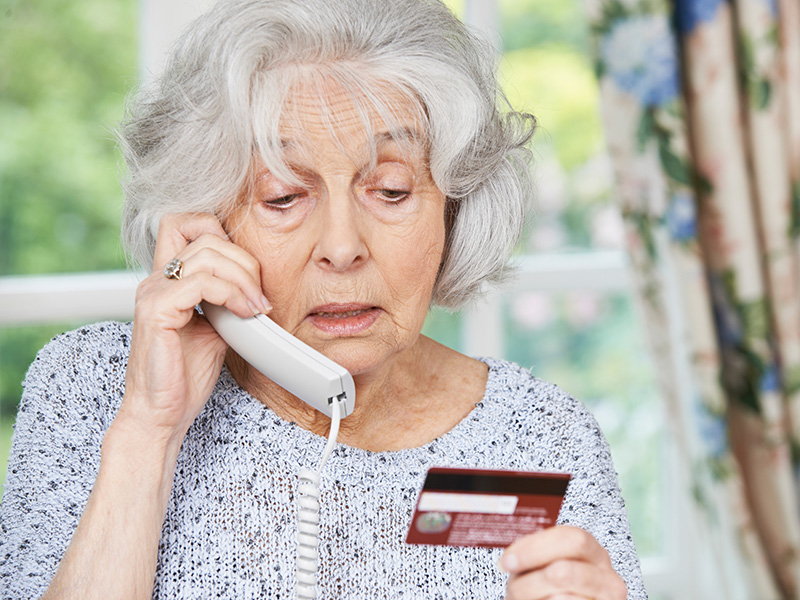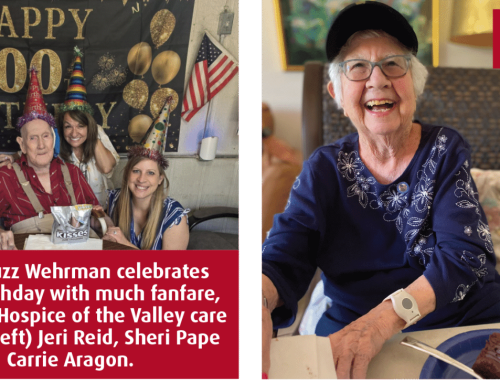By Jody Cohen
When it comes to scams, seniors tend to be an easy target because they are more vulnerable and susceptible to fraudulent schemes. Whether it’s fake sweepstakes, implausible investment returns, or the bogus charity scam, the elderly are more vulnerable to certain crimes, especially those living alone. It can occur by mail, phone, in person, or on the internet.
Locally, a scammer posing as an elderly woman’s teenaged grandson recently phoned her and claimed he was in a traffic accident involving alcohol. He claimed he was in a holding cell and needed $6,000 for his release. The “grandson” referred her to his “lawyer,” who told this woman that if she called the parents, the incident would go on her grandson’s permanent record. Enroute to the bank, she was in a car accident and delayed by over 30 minutes, so it was too late to get the money. When she called the scammers, they told her to purchase six $1,000 gift cards at a popular chain store. Fueled by guilt from the scammers and unable to drive because of pain from the accident, she took a cab there, but they’d only let her purchase one card for $950. When neither her bank card nor a check would work, she returned to the cab and relayed the story to the driver, who told her it was a scam. Immediately, she phoned her son and discovered that her grandson was home the entire time. She followed up with a police report.
But according to the FBI, seniors aren’t as likely to report a fraud for several reasons:
• They are ashamed of being scammed or defrauded.
• They are unsure as to whom they report it.
• They aren’t even aware they’ve been scammed.
Still, the National Council on Aging (NCOA) offers several ways to protect yourself from scams. It’s important to be an informed consumer and do your research before spending your money. And talk with someone you trust before giving an answer, especially when you feel pressured.
Before doing business with a sales person, be sure to get their name and business name, telephone number, street/mailing address. Monitor your bank and credit card statements and credit ratings; check on any unusual or incorrect information. Never give your personal information such as your Social Security and Medicare number, or credit card and banking information over the phone to someone who initiates the contact with you. Register on donotcall.gov to stop unwanted telemarketers.
Remember to stay involved in your area by becoming active in your neighborhood block watch. Don’t isolate; social isolation can increase your risk of getting scammed.
If you think you’ve been scammed, it is important to take action. NCOA suggests you contact your bank and credit card company and cancel the credit/bank cards that could have been used fraudulently. Also, reset your PIN and passwords. You can also call legal services and Adult Protective Services by visiting their website at: https://eldercare.acl.gov/Public/Index.aspx. Or call them toll-free at 1-800-677-1116 weekdays 9 a.m. to 8 p.m. ET.
Jody Cohen is an independent licensed Medicare Plans Specialist and Educator who specializes in helping Arizona seniors understand the healthcare options available to them in the Medicare platform. She offers a complimentary, thorough needs analysis and reviews the most cost-efficient plan to ensure that medical needs are met with a preferred provider network, and prescription costs are kept to a minimum. Jody also helps her clients capture all the social programs available to them. She can be contacted [email protected] or 602-326-4264.





